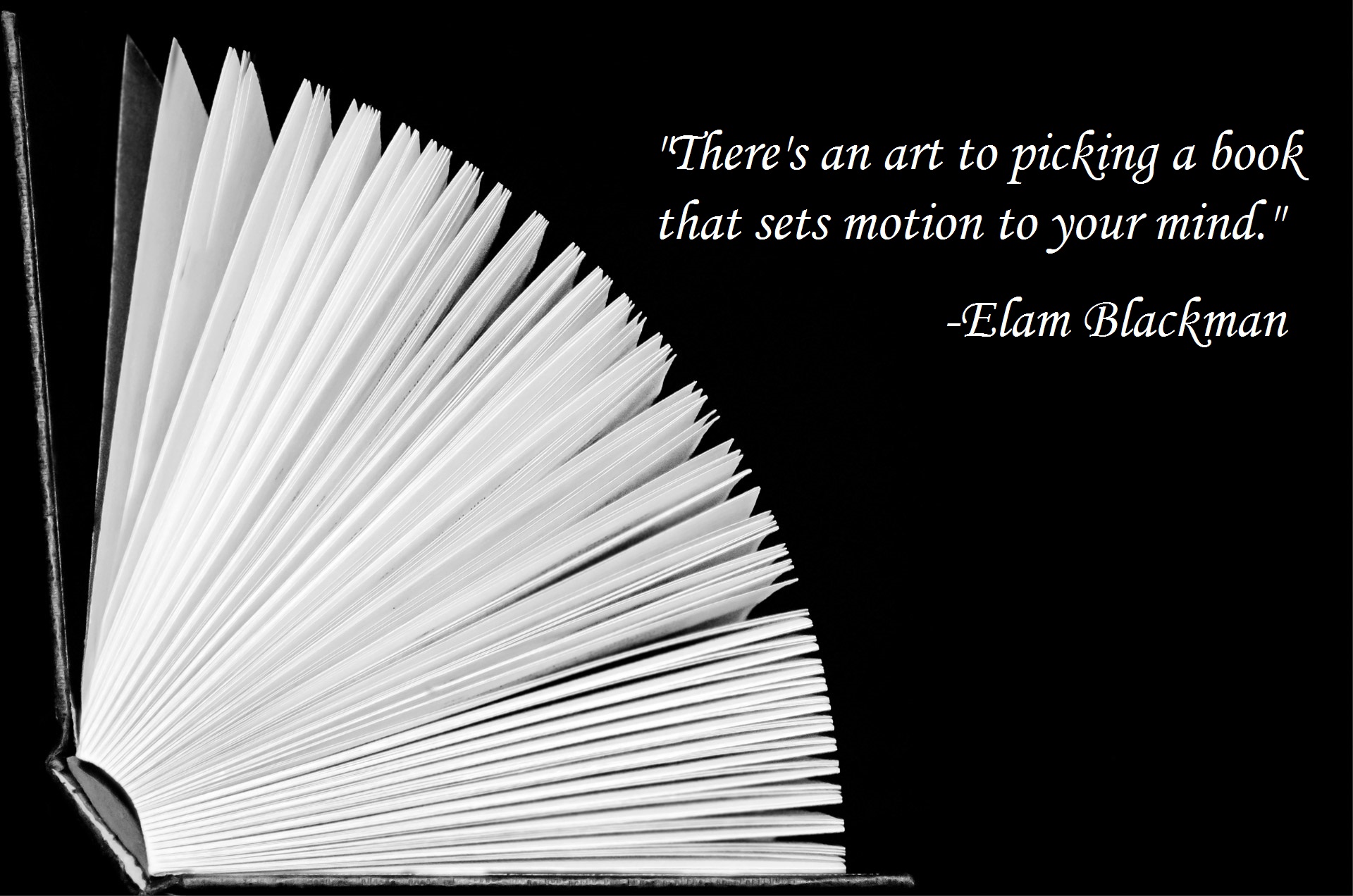
Classic Remarks is a meme hosted on Pages Unbound that poses questions each Friday about classic literature and asks participants to engage in ongoing discussions surrounding not only themes in the novels but also questions about canon formation, the “timelessness” of literature, and modes of interpretation.
This Weeks Prompt:
What do you think of adapting classics for younger readers?
I mean, technically I agree with it and like it… I like the idea of young readers getting exposed to the classics, and I’m all for making books accessible to people of all ages.
The problem I have with it is I feel like the book loses something when it’s adapted.
And don’t get me started on adaptations for teens… They tend to border on ridiculous. It feels like they are written by people who have never met a teenager and can’t even remember being one. Like when you read it you can hear them being like “Yes…this is what the young people like… I’m a genius!”
Perhaps if it could be arranged that established YA authors could be offered the job of adapting a classic for the YA audience. That would make it less terrible I think, and they’d know how to keep the important themes and literary devices intact.
As for the kids ones… Even when I was a kid, I thought there was something missing from them. I remember asking my mom if pages were missing from the book because the story just didn’t fit together properly.
My hope is that I was just exposed to really bad adaptations. Because the practice of adapting classics for younger groups has so much potential. I can think of a lot of stories I would have enjoyed as a kid, but the writing was such that it just didn’t hold my attention until around 5th grade…
ADDENDUM (because while reading/commenting on this post I realized there was some stuff I neglected to mention):
Also let’s not forget, if a parent is a reader and wants to expose their children to the classics, there’s nothing that says they can’t read it TO them, and explain the parts the kids need explained. Like maybe no Shakespeare, but things like Jane Austen or some Brontë works. There’s literally no reason the parent couldn’t read the un-adapted version to a child and explain it as they go so the kid can enjoy the story even if they are too young to comprehend everything when reading it alone.
And there are some classics that could be considered for kids to begin with, but their status as “classics” makes people think they are too high brow or something.
What do you think of classic adaptations targeted at young audiences?
Make your own post and send me a link, or just leave your opinion in the comments.


When I was younger, I hated adaptations of classics for kids. I wanted the original, full story, not a story with missing parts. And I was always very upset when I realized that some of the books I was reading were abridged–but they were not marked as such! I spent time going through the front matter of each book and the covers trying to make sure I was not getting an abridged book and yet I was!
I see that adaptations can introduce children to classics and maybe make them want to read the originals when they are older. But I also wonder if some don’t read the originals later because they feel they’ve been there, done that.
LikeLiked by 1 person
Dude you’re so right about that last bit. And about the not marking it as an adaptation. I’ve also had problems where I won’t read a classic because the adapted version was so bad I just figure the whole thing probably sucks too…
LikeLike
I do have a friend who argues that the Lambs’ Shakespeare stories for children made her want to read Shakespeare later. But I kind of wonder if a sanitized Shakespeare would make most people like him. Half the fun of Shakespeare is his complexity and his messiness and his juxtaposition of high and low culture, obscenity and crudeness included.
LikeLike
I can’t imagine a Shakespeare without lewd jokes and complexity. That’s like the FUN of Shakespeare.
LikeLiked by 1 person
I always wondering what goes through the minds of people who adapt. I think the best-case scenario is that they start with a vision of how it could be made more “accessible” or “relatable” to younger readers, but so often it seems as if they’re going for a word count and just hacking things out because making it shorter is the main goal. But once you start omitting scenes, you get in a tricky spot where you have to cut out more and more so readers aren’t confused by references to scenes that are no longer in the book. It’s perhaps easiest if there’s a side plot or sub plot and the editor cuts that, but I think that sends the wrong message that the sub plot isn’t “really” the point, when usually the author means it to intersect and comment on the “main” plot. I’m just not a huge fan of children’s adaptations overall for these reasons.
And, yes, some of the teen ones get crazy with all the insertions of slang and modern references!
LikeLike
I don’t even try to fathom what they could be thinking because all I’m thinking is “this is awful did you even try?” and then tossing the book aside.
Speaking of the crazy slang, have you seen those ones that are like Emoji versions of classics??? They kill me!
LikeLike
Mr. Darcy Swipes Left is a treasure. If very confusing. Why do they have tech but also carriages? What time period are they in, exactly?
LikeLike
They exist in a liminal space, it would seem.
LikeLiked by 1 person